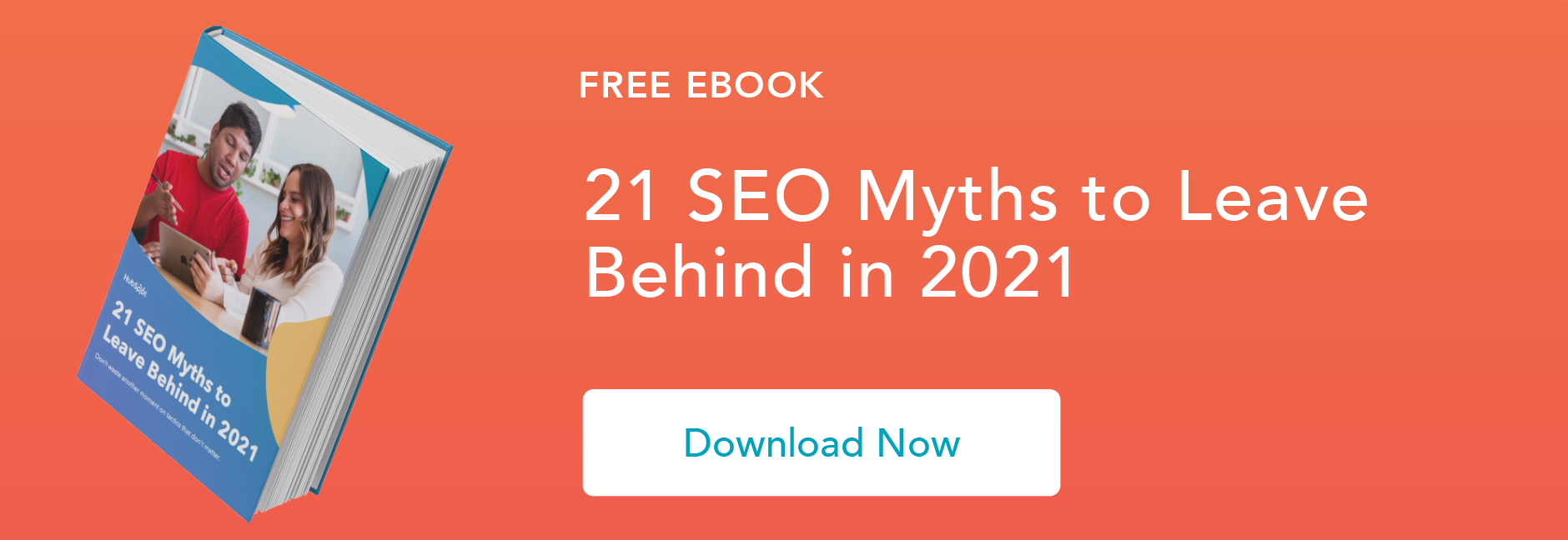Chances are thousands of prospective students and parents visit your website each year. Perhaps hundreds of them fill out a form to learn more about applying to your school.

Great - now you can market to them. But, not all prospective students are the same and nor should your emails be that way.
According to HubSpot, your click through rate (CTR) is higher when using the recipient's first name in the subject line versus not using the first name. And CTR is also higher when using the recipient's company name in the subject line over no company mention.
Segmenting your email list is a fundamental building block of personalization. Think of all those parents, school counselors, graduating students, students just starting to look around – they all need to be identified and segmented into separate email groups so you email them the content most relevant to them.
"Are You Talking to Me?"
The first step in segmentation is know who you're talking to. As the marketing cliché goes, sending a vegetarian a coupon for a free meat-lovers pizza is no way to build trust with your prospect.
Effective segmentation means tracking online behaviors and designing sign-up forms on your offers that collect the information most valuable to you. Identify the key distinctions among your different personas. What are some simple questions you can ask so you can put the lead in their proper persona bucket?
You don't have to be coy. Your form can include a dropdown question:
I'm a:- Parent
- High school senior
- Other high school student
- Guidance/ career counselor
When you analyze your distinguishing persona characteristics, prioritize them. You can't ask for all the information you want at once. Knowing which contacts in your database are potential future students, or people in the position to influence the decision of a potential future student, is a basic distinction. Same with knowing what programs are most interesting to your prospect or when they plan to enroll.
But from there, consider your school's priorities. For instance, are you looking for a more geographically diverse student body? Or maybe you want to enroll local high school juniors in an advanced placement program. Also consider the niches of content you have available to send. If you have a report on graduation employment rates and articles of curated links to academic journal and press accounts of your school's achievements – wouldn't it be valuable to know what motivates a prospective student's school choice?
You're not going to send your educational resource guide for returning military personnel to everyone, right?
Segmentation is only as valuable as the information you're collecting about leads.
Progressive Profiling - Gathering More Intel for Your School
There's much discussion on how much information people are willing to give online. Fortunately, you don't need to collect all the information you want from a prospect on the first offer form. In fact, if you take that approach, chances are good that won't get many sign-ups.
Instead, you can use progressive profiling to pre-fill an offer form with a lead's data so you can add one or two new fields for them to fill out.
Segmenting by Phase in Enrollment Journey
Knowing to whom you're talking is one part of segmentation. From there, let's cross-slice this intel with what you know about where a lead is in their enrollment journey.
The awareness stage may be most challenging for segmentation, since by definition you're looking for people who haven't identified themselves to you yet. That doesn't mean you can't segment during this phase.
Do you want to target teens who are interested in STEM subjects? Create some social media memes or .gifs with the right hash tags and links back to STEM-related content on your school's blog or website.
You can use persona information such as where they get information, what devices they're using to access content, what questions they have about how to look for a school or figure out what kind of school makes sense for them.
Once a lead gets into your database, you can refine which segments they fit in as you collect more information about them.
As people move into consideration and decision stages, their questions are shifting to what can your school offer them. This is the time you can send those prospects you've identified as returning veterans invitations to a meet-up with current soldier-students on campus. Or you can send an offer to talk with a financial aid counselor to someone who downloaded a financial aid guide.
Once a prospect gets into the decision stage, you want to have data on what will motivate their decision to select one school from among their options. You can't push out the most compelling content to a prospective student in this final stage without understanding what's going to motivate their decision.
Let's go back to those student personas. Let's say you've got a list of prospective students (or their parents) who have downloaded applications, but haven't submitted them. Your marketing system is set up to set a "nudge" email at the 15-day mark. Will they be motivated by the same email? Probably not.
Instead, you can send:
- Joey Jobs a link to an article about new simulation technology used in his department of interest, that improves students' hands-on experience as part of their course of study.
- Sarah Status an invitation to a faculty tea.
- Military Mike an explanation on your school's leave policy for soldier-students who get called up.
Each email will contain a call to action regarding submitting their application. However, the segmented content communicates information genuinely valuable to each persona's motivational priorities, which boosts their perception of your school as a good fit for them.
Remember that Data is Only Half the Battle
As you can see, having the data about leads so you segment them accurately is only half the battle. The other half is having the content that speaks to these personas in order to engage with them effectively. As you create your list segments, that's a great time to uncover and address any content gaps you may have. That way you can be sure each persona segment has the content they need for whatever stage of their decision journey they're in.








![Building an Efficient Education Marketing Machine [Free Ebook]](http://53.fs1.hubspotusercontent-na1.net/hubfs/53/Education/Efficiencyhand.jpg)


